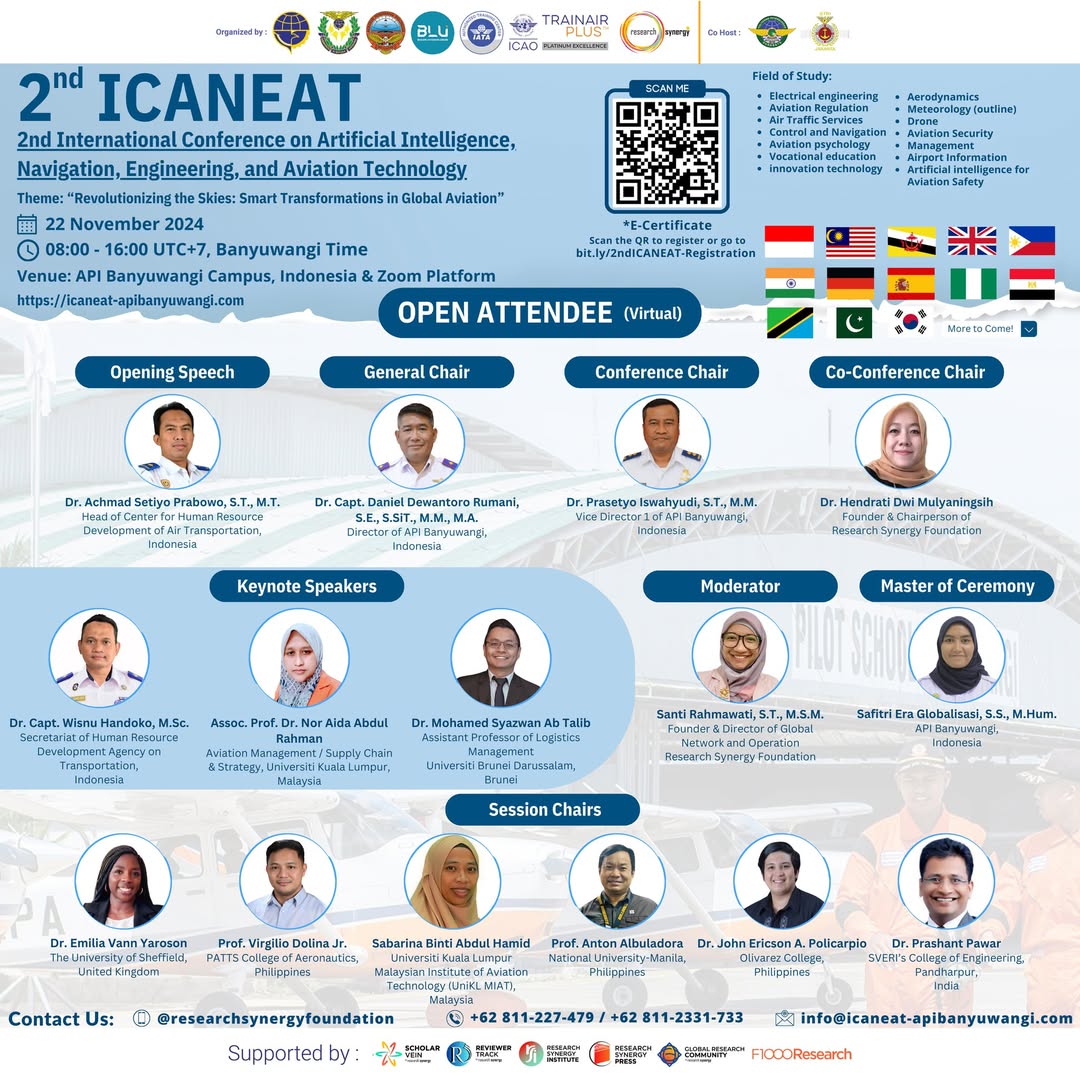Legal Counseling on the Principle of Prohibition of Working in the Context of Child Protection
Keywords:
Principles; Prohibition of Work; Legal_Protection; Children;Abstract
Ideally, children should be prohibited from working, but this situation persists. However, provisions in the Manpower Law provide for this, namely that child employment is permissible provided they fulfill the conditions stipulated in the provisions of the said article and also the rights of child workers in accordance with applicable laws and regulations. The Manpower Law establishes sanctions for violators, and the Child Protection Law provides legal sanctions for those who fail to provide protection for children who are economically or sexually exploited, as well as for those who economically or sexually exploit children. This law also contains articles related to legal sanctions related to economic exploitation. To ensure effective child protection, the principle that the best interests of the child must be considered paramount (receive the highest priority) in every decision concerning children is upheld. Without this principle, the fight to protect children will encounter many obstacles. The principle of the best interests of the child is used because in many cases, child victims are victims due to the child's ignorance, due to their developmental age.
References
[1] E. Hariyanto and S. Wahyuni, "Socialization and Training on the Use of Healthy Internet for Members of Village-Owned Enterprises (Bumdes) Mozaik Pematang Serai Village," ABDIMAS BSI Journal, vol. 3, no. 2, pp. 253–259, 2020.
[2] S. Wahyuni, S. Batubara, and O. Mendalin, "Transformation Of Digital Promotion Of Tourism Objects In The District: Pkm," The Journal of Community Service: A Journal of Community Service, vol. 1, no. 1, pp. 26–33, 2021.
[3] N. A. Barda, “Perlindungan Anak menurut Negara Hukum,” Jakarta: Penerbit Sinar Grafika, 1992.
[4] R. Amelia, “Efektivitas Pelaksanaan Program Penanganan Anak Jalanan Di Dinas Sosial Kota Makassar,” Skripsi [Internet].[Diunduh Pada 28 Maret 2016]. Tersedia Pada: Http://Repository. Unhas. Ac. Id/Bitstrea
[5] B. White and I. Tjandraningsih, “Anak-Anak Desa dalam Kerja Upahan" dalam Tenaga Kerja Anak Indonesia: Rangkuman dan Sari Literatur,” PDII-LIIP dan UNICEF, Jakarta.
[6] S. Nurhayati and O. Medaline, “Remedies for Demotion Employees due to Age Factor”.
[7] S. N. Emi Wahyuni Abdi Setiawan, “Pengupahan, Phk Dan Pesangon Pekerja Masa Covid 19 (Ditinjau Dari Undang Undang Ketenagakerjaan),” 2022.
[8] S. H. Dr. Siti Nurhayati. MH, “Buku Ajar Hukum Ketenagakerjaan,” 2024.
[9] Asri Wijayanti, Hukum Ketenagakerjaan Pasca Reformasi. Jakarta: Sinar Grafika, 2014.
[10] H. Z. Asyhadie, M. Sh, and S. H. Rahmawati Kusuma, Hukum ketenagakerjaan dalam teori dan praktik di Indonesia. Prenada Media, 2019.
[11] H. Rusli, Hukum ketenagakerjaan, 2003. Ghalia Indonesia, 2004.
[12] A. R. Budiono, “Makna" Perintah" Sebagai Salah Satu Unsur Hubungan Kerja Menurut Undang-Undang Nomor 13 Tahun 2003 Tentang Ketenagakerjaan,” Arena Hukum, vol. 5, no. 2, pp. 137–147, 2012.
[13] Y. Yuningsih, Perlindungan Sosial Pekerja Anak. Pandiva Buku, 2017.
[14] R. Amin, Hukum Perlindungan Anak dan Perempuan di Indonesia. Deepublish, 2021.
[15] K. Prajnaparamita, “Perlindungan Tenaga Kerja Anak,” Administrative Law and Governance Journal, vol. 1, no. 2, pp. 215–230, 2018.
[16] A. G. O. Putri, E. Malihah, and S. Nurbayani, “Ekploitasi Pekerja Anak Dibawah Umur Sebagai Bentuk Penyimpangan Sosial,” Sosietas: Jurnal Pendidikan Sosiologi, vol. 5, no. 1, 2015.
[17] Mamik, Metodologi Kualitatif. Sidoarjo: Zifatama Publisher, 2015.
[18] Muhaimin, Metode Penelitian Hukum. Mataram: Mataram University Press, 2020.
[19] Sumadi Suryabrata, Metodologi Penelitian. Jakarta: Raja Grafindo Persada, 2018.
[20] Sandu Siyoto dan Muhammad Ali Sodik, Dasar Metodologi Penelitian,. Yogyakarta: Literasi Media Publishing, 2015.
[21] Firdaus dan Fakhry Zanzan, Aplikasi Metodologi Penelitian. Yogyakarta: Deepublish, 2018.
[22] Tarjo, Metode Penelitian Sistem 3x Baca. Sleman: Deepublish, 2019.
[23] Umrati dan Hengki Wijaya, Analisis Data Kualitatif: Teori Konsep dalam Penelitian Pendidikan. Makassar: Sekolah Tinggi Theologia Jaffray, 2020.
Downloads
Published
Issue
Section
License
Copyright (c) 2025 Siti Nurhayati, Vina Arnita, Rahmayanti (Author)

This work is licensed under a Creative Commons Attribution-ShareAlike 4.0 International License.









